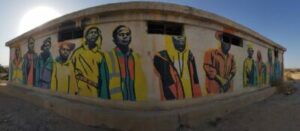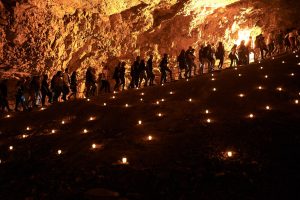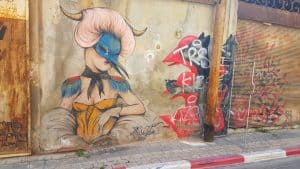Discover the captivating culture of the Bedouins in the Middle East. From their nomadic lifestyle and rich traditions to their warm hospitality and unique arts, immerse yourself in their world. Uncover the challenges they face in preserving their heritage and the efforts being made to safeguard their cultural legacy. Join us on this cultural journey!
So, grab your camel and let’s get ready for an adventure!
Introduction to the Bedouin People: A Nomadic Culture
The Bedouin people are an intriguing ethnic group known for their nomadic lifestyle and rich cultural heritage. Inhabiting desert regions across the Middle East, including countries like Saudi Arabia, Jordan, Egypt, and Syria, the Bedouins have adapted to the harsh desert environment for centuries.
Their nomadic existence revolves around constantly moving in search of water and pastures for their livestock, relying on portable tents made of woven goat hair for shelter. Bedouin culture emphasizes a strong sense of community, with extended family units and tribes forming kinship networks.
Hospitality is highly valued, as strangers are welcomed with warmth and generosity. The Bedouins cherish their ancestral traditions through traditional dances, music, storytelling, and poetry, which preserve their history and knowledge.
Various ceremonies and rituals mark significant life events. While modernization, urbanization, and political changes pose challenges to their traditional way of life, efforts are underway to preserve and promote Bedouin culture.
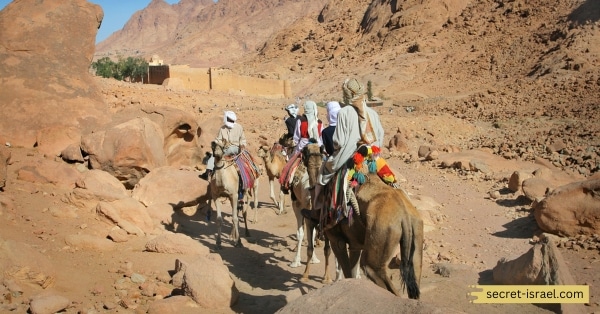
Traditional Bedouin Lifestyle: Customs, Traditions, and Beliefs
The Bedouins are a group of nomadic Arab people who, historically, have lived across the vast desert expanses in the Arabian Peninsula, North Africa, Iraq, and the Levant. Their lifestyle is rich with unique customs, traditions, and beliefs that have been passed down from generation to generation.
Customs
Bedouin customs are deeply rooted in their nomadic lifestyle, with hospitality and the oral tradition playing key roles. Despite the challenges of the desert, Bedouins are renowned for their unwavering tradition of providing food, shelter, and protection to guests.
The oral tradition is vital, passing down stories, history, and laws through generations. Poetry holds a respected place, serving as a form of expression, entertainment, and conflict resolution. These customs reflect the strong community, resilience, and cultural heritage that define the traditional Bedouin way of life.

Traditions
Bedouin traditions are deeply connected to their environment, as their nomadic lifestyle revolves around seeking water and grazing areas for their livestock. This lifestyle has fostered a profound understanding and respect for the desert and its resources.
The iconic Bedouin tents, known as ‘beit al-sha’ar’, are integral to their culture, designed for easy assembly and disassembly during their constant movement. Bedouin clothing is also adapted to the harsh desert climate, with men wearing long white robes called ‘thobe’ or ‘dishdasha’, while women don loose black cloaks known as ‘abayas’.
These customs reflect the Bedouins’ harmonious relationship with their natural surroundings and their practical approach to living in the desert.
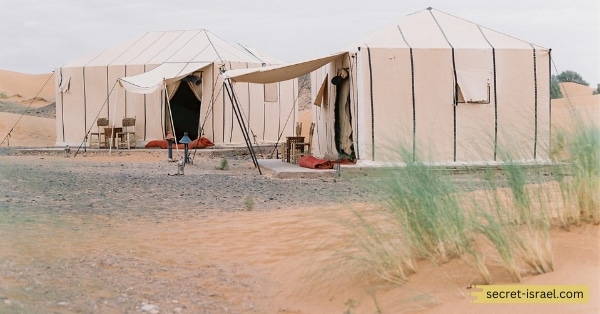
Beliefs
Bedouins traditionally follow Islam, and their belief system is deeply entwined with their daily life. Prayer times guide the rhythm of their day, and Islamic teachings influence their values and behaviors.
However, Bedouin beliefs also incorporate elements of ancient Arab culture, including a strong belief in the concept of fate and destiny. There’s a common saying among Bedouins that ‘whatever is meant to reach you will never miss you, and whatever misses you was never meant to reach you.’
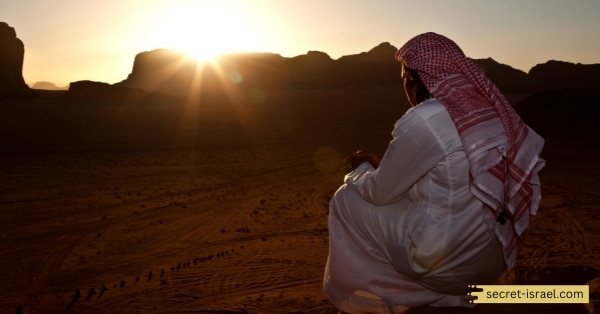
The Bedouin Hospitality: Welcoming Strangers into Their Communities
The Bedouin hospitality is a cornerstone of their culture, deeply rooted in the harsh desert environment where survival often depends on mutual aid. Regardless of their own needs, Bedouins traditionally offer food, shelter, and protection to any guest. This practice, known as ‘Diyafa’, is a testament to their extraordinary generosity and kindness.
Upon arrival, guests are offered ‘ghawa’ (Arabic coffee) in a ritual that signifies respect and friendship. The serving of multiple rounds of coffee and tea is customary, followed by a shared meal, often featuring lamb or goat meat, rice, and traditional flatbread.
Even in modern times, Bedouins maintain this tradition of hospitality. The welcoming of strangers into their communities is considered a duty and a matter of honor. This enduring tradition is a reflection of their strong community values and their deep understanding of the hardships of desert life.
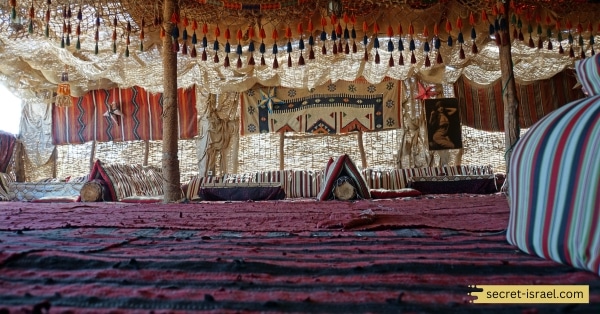
Bedouin Arts and Crafts: Celebrating Creativity and Heritage
Bedouin arts and crafts are a vibrant expression of their creativity, heritage, and the environment they inhabit.
Textile weaving is one of the most prevalent forms, with women creating intricate patterns on tents, rugs, and clothing. Their designs often depict natural elements and daily life, serving as a narrative of Bedouin history and culture.
Metalwork, especially in silver, is another traditional craft, used to create beautiful jewelry and household items. Pottery, basketry, and leatherwork also feature prominently.
These artforms are not just aesthetic expressions but also practical necessities for nomadic life, reflecting the Bedouins’ resourcefulness and resilience.
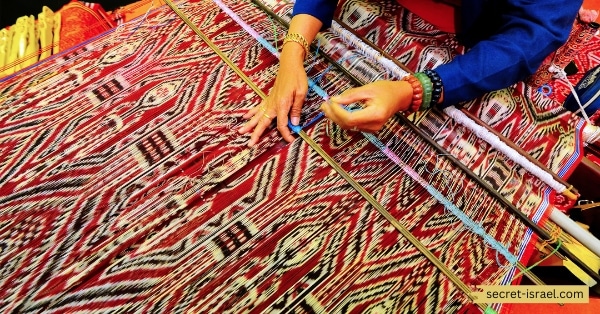
Preserving Bedouin Culture: Challenges and Efforts for Cultural Conservation
Preserving the rich cultural heritage of the Bedouin people poses various challenges in the face of modernization and changing societal dynamics. However, numerous efforts are underway to safeguard and promote Bedouin traditions, customs, and beliefs for future generations.
| Challenges | Efforts |
|---|---|
| Disruption of Nomadic Lifestyle | Supporting Bedouin mobility and access to grazing lands
Preserving traditional knowledge of desert navigation and husbandry |
| Cultural Erosion and External Influences | Revitalizing Bedouin language, oral traditions, and arts/crafts
Cultural festivals and workshops to reinforce Bedouin identity |
| Socioeconomic Challenges | Promoting income-generating opportunities aligned with traditions
Sustainable development projects (e.g., eco-tourism, handicrafts) |
| Access to Education | Integrating cultural education into mainstream curriculum
Inclusion of Bedouin cultural experts and elders in education |
| Environmental Challenges | Conservation initiatives for water, biodiversity, and ecosystems
Sustainable resource management practices and reforestation |
Through a combination of community-driven initiatives, collaboration with local and national authorities, and increased awareness and appreciation of Bedouin culture, concerted efforts are being made to overcome these challenges and ensure the preservation of Bedouin traditions for generations to come.
In conclusion
Discovering the culture of the Bedouins is a rich and rewarding experience. The Bedouin people have a long history and a unique way of life that is worth exploring. Their customs and traditions, from their hospitality to their camel racing, offer a glimpse into a world that is both fascinating and complex.
Through firsthand experiences and interactions with the Bedouin people, one can gain a deeper understanding of their daily life, their cultural practices, and their spiritual beliefs. By immersing oneself in this culture, one can broaden their perspective and gain a greater appreciation for the diversity of the world’s cultures.
Overall, by taking the time to discover the culture of the Bedouins, one can be enriched in countless ways.








